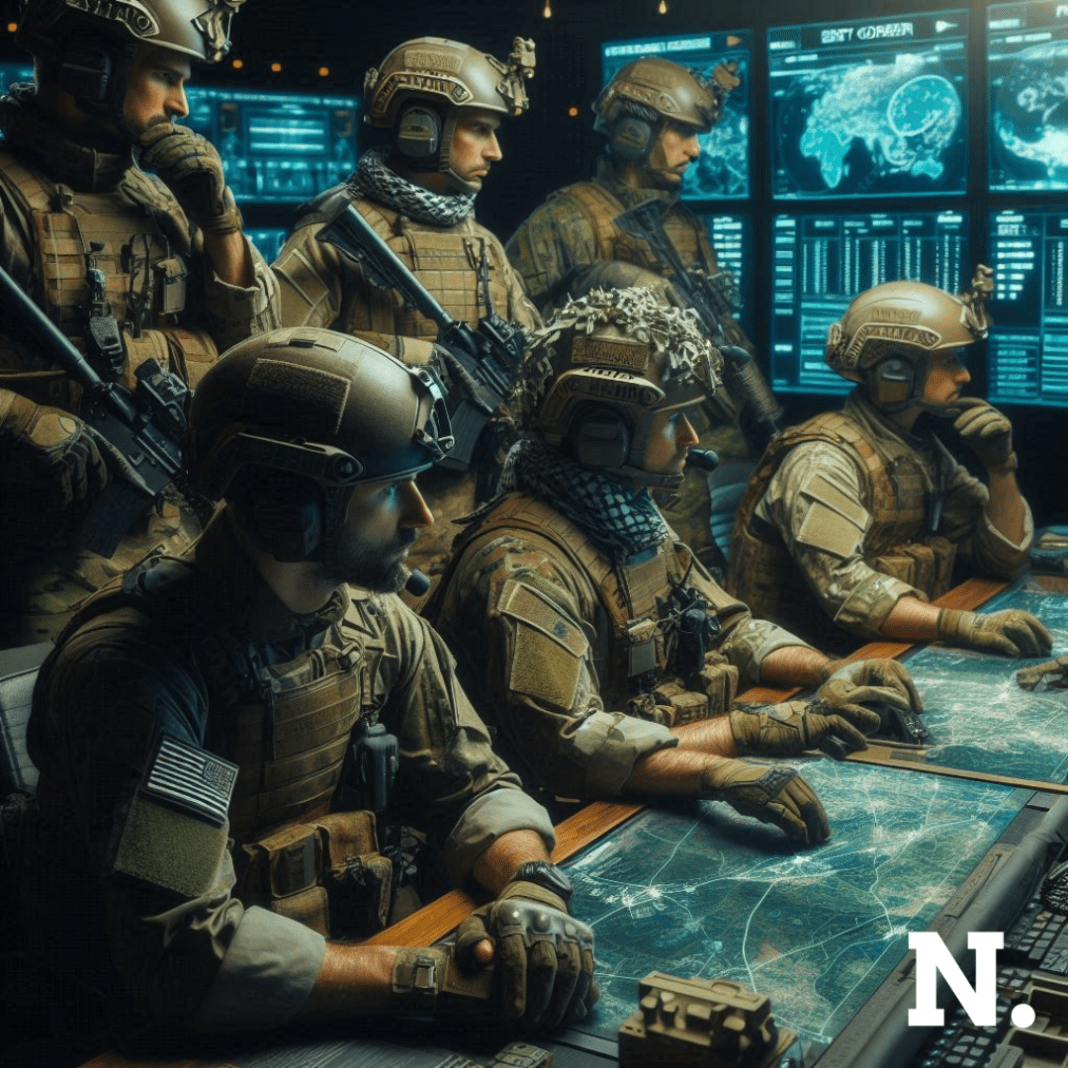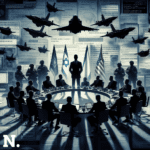A government minister has let it slip that special forces within the military had the right to veto the deployment. Of Afghan troops in Afghanistan during the latter’s conflict. The revelation has opened up a can of worms about military command structures. How decisions are made, and the consequences upon strategic operations in complex, confluent conflict zones.
The Challenge of Building Afghan Military Power
The revelation comes amidst ongoing scrutiny and retrospection in light of the withdrawal of international forces. From Afghanistan and the collapse of the Afghan government in 2021. In this war that almost spanned two decades since the U.S. invasion in 2001, Afghan security forces. Played an instrumental role in fighting insurgencies like the Taliban. And maintenance of stability in the area.
The international coalition forces, mostly led by the United States, trained and supported the security forces of Afghanistan, including the army and police. Despite massive investments in training and equipping Afghan troops. The country still had to deal with the continuous problem of building up a cohesive and effective military force. That could secure the nation independently.
Veto Power in Afghan Military Deployments
It was revealed in a parliamentary inquiry recently that a government minister had already revealed the special forces’ veto power over Afghan troop deployments. According to the minister, special forces operatives could decline a regular Afghan army unit request in cases where it had called for air support in combat operations. In effect, the power gave the special forces leverage over battlefield decisions and potentially even altered course during military engagements.
The revelation raises serious questions regarding the command structure within the Afghan military and, thereby, the degree of control that their special operations forces have. It suggests a partially decentralised decision-making process that might affect operational effectiveness, coordination, and eventual mission success.
Such ability of special forces to veto the deployments of Afghan troops remedies questions. That are operational autonomy and independence of varying degree from the military hierarchy. This dynamic would allegedly have effects on broader strategic goals of strategic tasks. And the preservation of territorial control against insurgent forces.
Political and Strategic Implications of Military Oversight
Politically, the disclosure represents failures in governance and military accountability to the war in Afghanistan. It could lead to heightened demands for inquiries on accountability, transparency, and shapes of decision-making which presided over military conduct. At a strategic level, questions emerge regarding the integration of varying military units and aligning their corresponding objectives to the master counterinsurgency plan.
This confirms that for any efficient military training or coordination of units involved in any form of conflict, there has to be cohesiveness. We ensure that missions are accomplished comprehensively and with minimal conflict of interest by establishing clear lines of command, effective communication procedures, and unified strategies.
Further reflecting on this revelation, the events have sharpened the need for an overpowering mechanism of oversight within military operations. Accountability and transparency at every juncture of decision-making will allow the services. To retain public trust and safeguard operational integrity toward strategic objectives in any future conflict.
The Afghan experience also brings into view some critical questions. About international military engagements and the dynamics of coalition operations. Among them are the questions of roles, responsibilities, and limitations of international partners in the support and advisory efforts to host nation forces working within the complexities of political, cultural, and operational domains.
Military Command and Power Dynamics in Conflict Zones
The discovery that special forces could veto Afghan troop deployments. Presents an important insight into the labyrinthine character of military operations. And command structures during the conflict in Afghanistan. It holds out on bigger questions about independence of the military, integration of operations, strategic implications of complex and protracted conflicts, and the future of force employment.
There is a dire need, in light of the lessons learned from the Afghan experience, to devise ways of improving mechanisms of command and control, openness, and cooperation. Between military units with regard to decision-making behind missions, and increasing cooperation with international partners. These efforts stand at the core of ensuring that security strategies. Are operationally effective, respectful of sovereignty, accountable, effective, and sustainable in future conflict zones.





